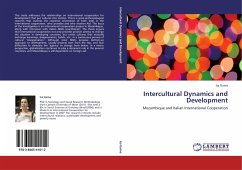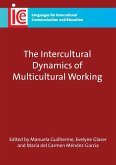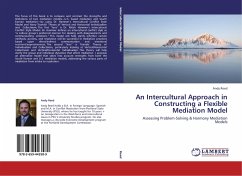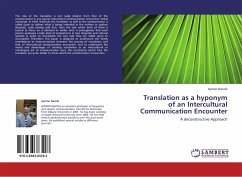This study addresses the relationships on international cooperation for development that put cultures into motion. This is a socio-anthropological research that outlines the cognitive orientation of both sides in the international cooperation: who provides and who receives Aid. The locus of the investigation is an international cooperation project in Mozambique, along with interviews with Italian NGOs practitioners. The thesis argues that international cooperation not only provides projects aiming to change the situation in developing countries, but unites cultures that mutually exchange meanings, disagreements, habits, etc., in a continuous process of cultural ¿miscegenation¿. Although most NGOs propose bottom-up approach to development, usually projects start from the top, and face difficulties to stimulate the ¿agency¿ to change from below. In a macro perspective, globalization continues to play a dominant role in the poorest countries, and Mozambique is still dependent on foreign aid.
Hinweis: Dieser Artikel kann nur an eine deutsche Lieferadresse ausgeliefert werden.
Hinweis: Dieser Artikel kann nur an eine deutsche Lieferadresse ausgeliefert werden.








